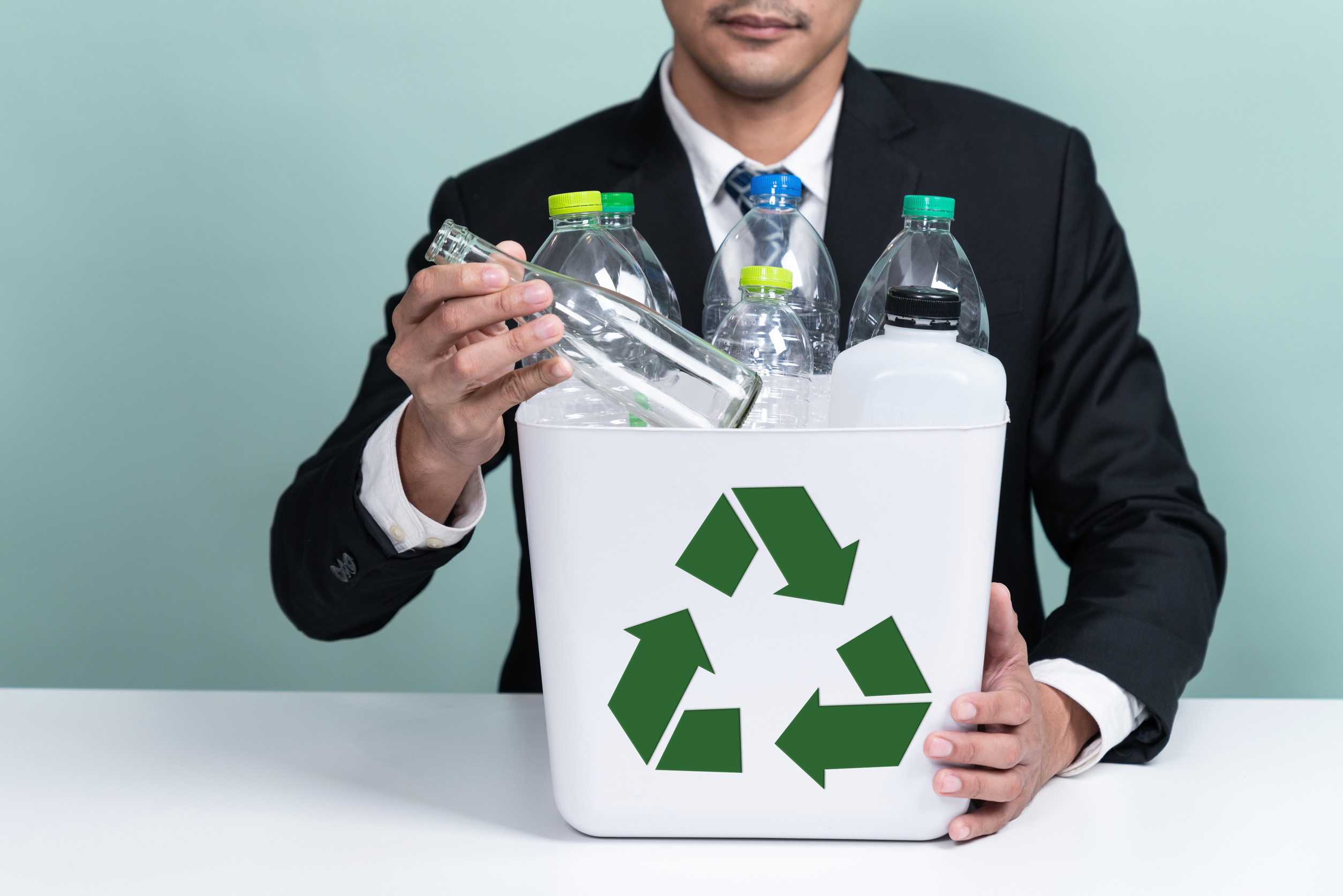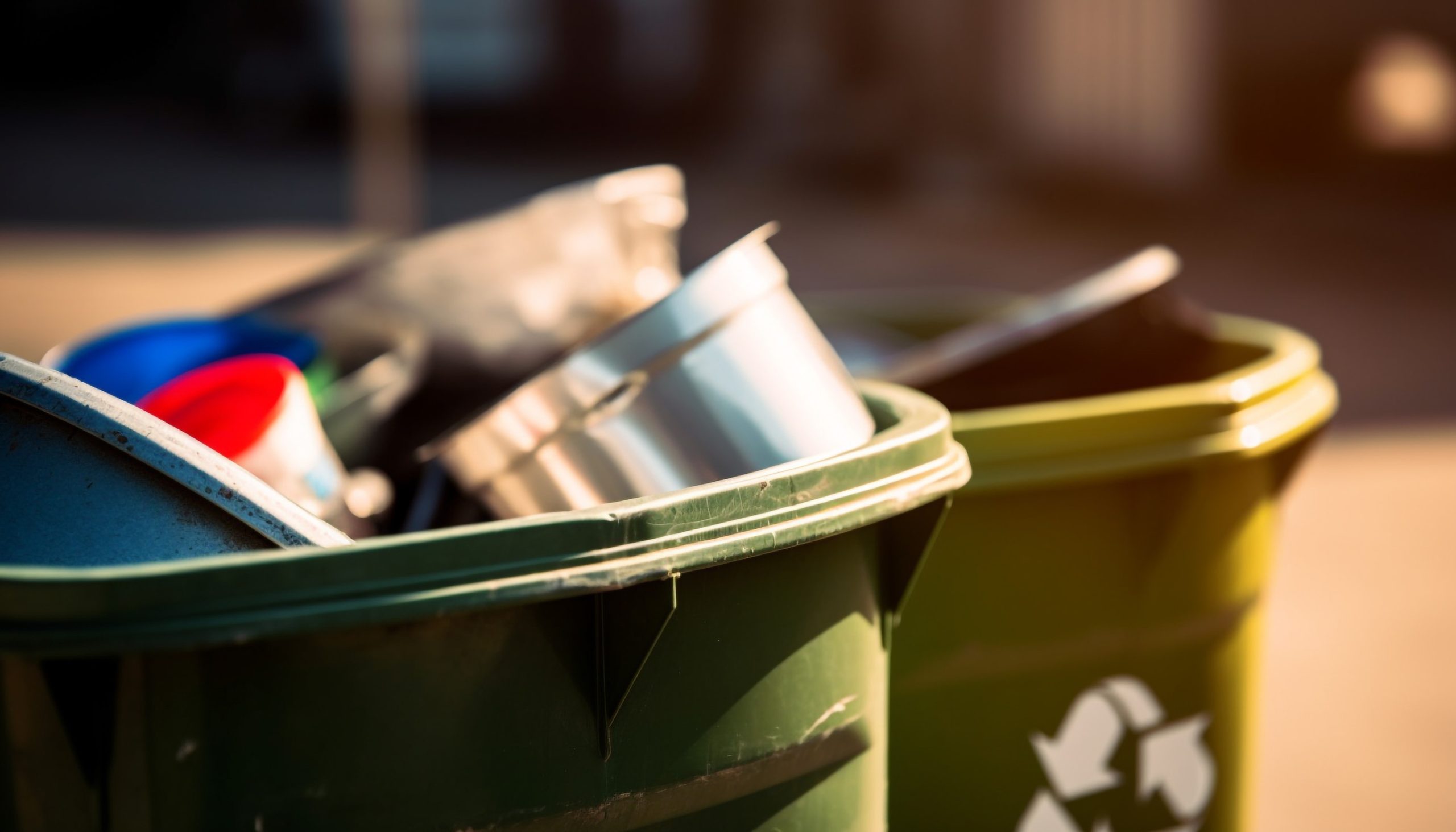Recycling has long been championed as a cornerstone of environmental responsibility. However, recent trends indicate a significant decline in recycling participation. This shift prompts a critical examination of the underlying causes and the effectiveness of current recycling practices. By understanding the challenges facing recycling today, we can explore more impactful strategies for waste reduction and environmental stewardship. Let’s delve into the factors contributing to this recycling conundrum.
Recycling Challenges Have People Second-Guessing Their Efforts

Confusion and Contamination
Many individuals are uncertain about what materials are recyclable, leading to “aspirational recycling,” where non-recyclables are placed in recycling bins. This contamination can render entire batches of recyclables unusable, undermining the recycling process. For example, food residue on containers or the inclusion of non-recyclable plastics can disrupt sorting and processing. The lack of standardized recycling guidelines across municipalities exacerbates this confusion. Consequently, well-intentioned efforts may inadvertently contribute to recycling inefficiencies.
Inconvenience and Accessibility Issues
Recycling infrastructure varies widely, with some communities lacking curbside pickup or accessible recycling centers. This inconsistency makes recycling less convenient, particularly for those in rural or underserved areas. Without easy access, individuals may be less inclined to participate in recycling programs. Additionally, the absence of clear information about local recycling options can deter engagement. Improving accessibility is crucial for increasing recycling rates.
Economic and Market Challenges
The economics of recycling have become increasingly complex, with fluctuating markets for recyclable materials. After China’s 2018 ban on importing certain recyclables, many U.S. recycling programs faced financial strain. The decreased demand for recycled materials has led to stockpiles and, in some cases, the disposal of recyclables in landfills. This market instability raises questions about the sustainability of current recycling models. Addressing these economic challenges is essential for revitalizing recycling efforts.
Limited Impact of Recycling Alone
While recycling is beneficial, it addresses only a portion of the waste problem. A significant amount of plastic, for instance, is not recyclable due to material composition or contamination. Moreover, recycling processes consume energy and resources, sometimes offsetting environmental gains. Focusing solely on recycling may divert attention from more effective waste reduction strategies. Emphasizing reduction and reuse can lead to more substantial environmental benefits.
Behavioral and Educational Barriers

A lack of awareness and education about proper recycling practices contributes to low participation rates. Some individuals may not understand the importance of recycling or how to do it correctly. Additionally, habits and convenience often influence recycling behaviors. Without targeted education and outreach, these behavioral barriers persist. Enhancing public understanding is key to fostering more effective recycling habits.
Rethinking Waste: Beyond Recycling
Given the challenges facing recycling, it’s imperative to consider alternative approaches to waste management. Prioritizing waste reduction and reuse can significantly decrease the volume of materials requiring recycling. For example, choosing products with minimal packaging, utilizing reusable containers, and supporting circular economy initiatives can make a substantial impact. Composting organic waste is another effective strategy, diverting materials from landfills and enriching soil health. By adopting a more holistic approach to consumption and waste, individuals can contribute to a more sustainable future.
What are your thoughts on the current state of recycling? Have you encountered challenges or found effective alternatives? Share your experiences and ideas in the comments below!
Read More
5 Grocery Items That Are Quietly Recycled From Customer Returns—Including Open Packages
Don’t Throw That Away! 8 More Uses For Eggshells
The post Why Many People Are No Longer Recycling (And You Might Want To Stop) appeared first on Grocery Coupon Guide.







